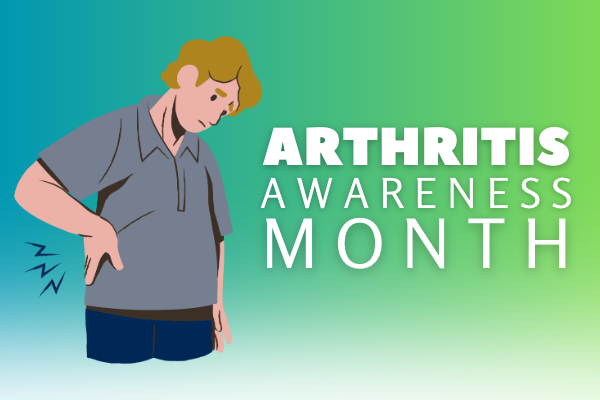Arthritis Awareness Month is an important and annual event celebrated every May to raise awareness…

What are the duties of a Guardian?
What are the duties of a guardian? The purpose of Article 81 of the Mental Hygiene Law is to promote the public welfare by establishing a guardianship system that is appropriate to satisfy either personal or property management needs of an incapacitated person in a manner tailored to the individual needs of that person, which takes in account the personal wishes, preferences, and desires of the person, and which affords the person the greatest amount of independence and self-determination and participation in all the decisions affecting such person’s life. Because the court tries to respect and promote the rights of the person who needs a guardian, the powers of a guardian are limited to those that are “least restrictive.” The court recognizes the intrusive nature of guardianship and how it is an infringement of the alleged incapacitated person’s privacy, freedom, and loss of decision-making authority. Therefore, the court expects a guardian to discharge their fiduciary duties with the utmost seriousness and earnestness.
The Powers of a Guardian
The powers of a guardian are separated into two different areas: 1) property management; and 2) personal needs. Depending on the circumstances, a guardian’s powers might be limited by the Judge to just one of these areas, but often a guardian’s powers include both. Property management may include, but is not limited to, the power to pay bills, authorize the release of confidential records, make gifts, enter into contracts, marshal assets, create trusts, pay for funeral expenses, and apply for government and private benefits. The guardian may also be responsible for using the incapacitated person’s assets to maintain and support those persons dependent upon the incapacitated person, such as a child, spouse, or parent. It is important that the guardian preserve, protect, and account for the property and financial resources of the incapacitated person faithfully.
Meanwhile, personal needs may include, but are not limited to, the power to manage what kind of medical treatment the person should receive, determine where the person should live, decide the social activities of the person, determine if the person should travel, make decisions regarding education, and apply for government and private benefits. In performing the powers imbued upon them by the court, a guardian is expected to be unwaveringly loyal and trustworthy to their ward. The guardian must diligently advocate for their ward, respect their wishes and values, and respect and promote the independence and self-determination of their ward considering that person’s functional level, understanding, and appreciation of his or her functional limitations. As the guardian is acting on behalf of the incapacitated person, they must exercise the utmost care and diligence in performing their duties and make their decisions with the best interests of their ward in mind.
Guardian Responsibilities
In addition to the powers described above, Article 81 of the Mental Hygiene Law provides for certain responsibilities of the guardian. Specifically, the guardian must file an initial report within ninety (90) days of appointment and annual reports once every year in May and visit the incapacitated person not less than four (4) times a year or more frequently as specified in the court order. Furthermore, the guardian must determine whether the incapacitated person has executed a will and determine the location of any will.
Need more clarification on what the duties of a guardian are? As always, the legal experts at the Russo Law Group, P.C. are ready to assist you.




This Post Has 0 Comments